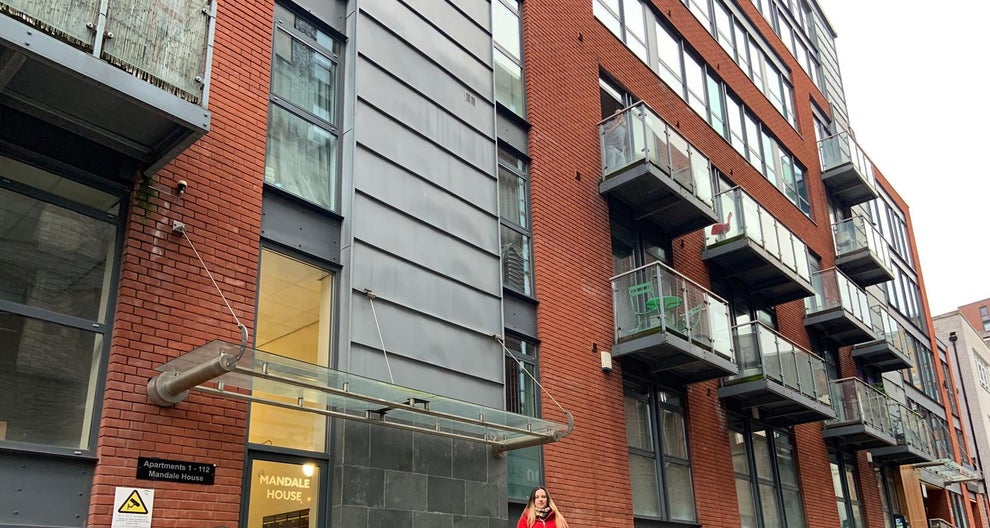Acceptance of up to £1m from the government’s Waking Watch Relief Fund is set to be approved today by Sheffield City Council’s Neighbourhoods and Community Safety Cabinet Member Paul Wood.
The funding is to help address the issues in the private sector relating to unsafe cladding on high risk high rise blocks. It is the third funding scheme announced by the government in the aftermath of the Grenfell Tower tragedy in 2017.
On the 17th December 2020 the government announced a £30m fund to address the scandal of excessive Waking Watch costs, as part of a further move to support thousands of residents in high-rise buildings.
The fund builds on recently updated guidance published by the National Fire Chief’s Council (NFCC) on buildings that change from a ‘Stay Put’ to a ‘Simultaneous Evacuation’ fire safety strategy.
Whilst Waking Watch, when established and operated in accordance with NFCC guidance, is an acceptable risk mitigation strategy, the guidance is clear alarms are preferable on the grounds of both safety and cost efficiency.
The fund will pay for the costs of installing an alarm system in buildings with unsafe cladding. The alarm systems will enable costly Waking Watch measures to be replaced in buildings waiting to have unsafe cladding removed.
The Ministry of Housing, Communities and Local Government made an allocation of up to £1m to Sheffield along with a New Burdens Grant of £31,000 so it can administer the funding directly to those blocks which meet the criteria as set out by the Ministry of Housing and Local Government.
The buildings eligible to apply must:
- be over 17.7 metres in height when measured accordance with the Waking Watch Relief Prospectus
- be a residential building
- have a Waking Watch in place which has been identified and agreed by either a Competent person (as described in part 2 of the Simultaneous Evacuation guidance)
- or via FRS intervention to support a move to a simultaneous evacuation fire safety strategy and where unsafe cladding is present on the building, and where, as a result of the lease agreement, Waking Watch costs are being passed on to leaseholders.




